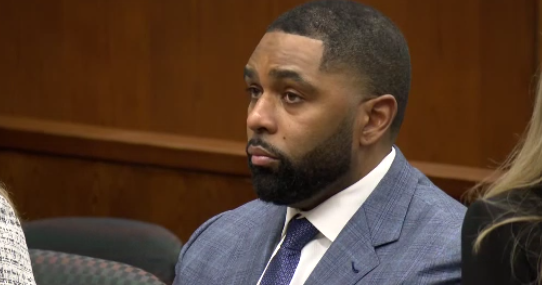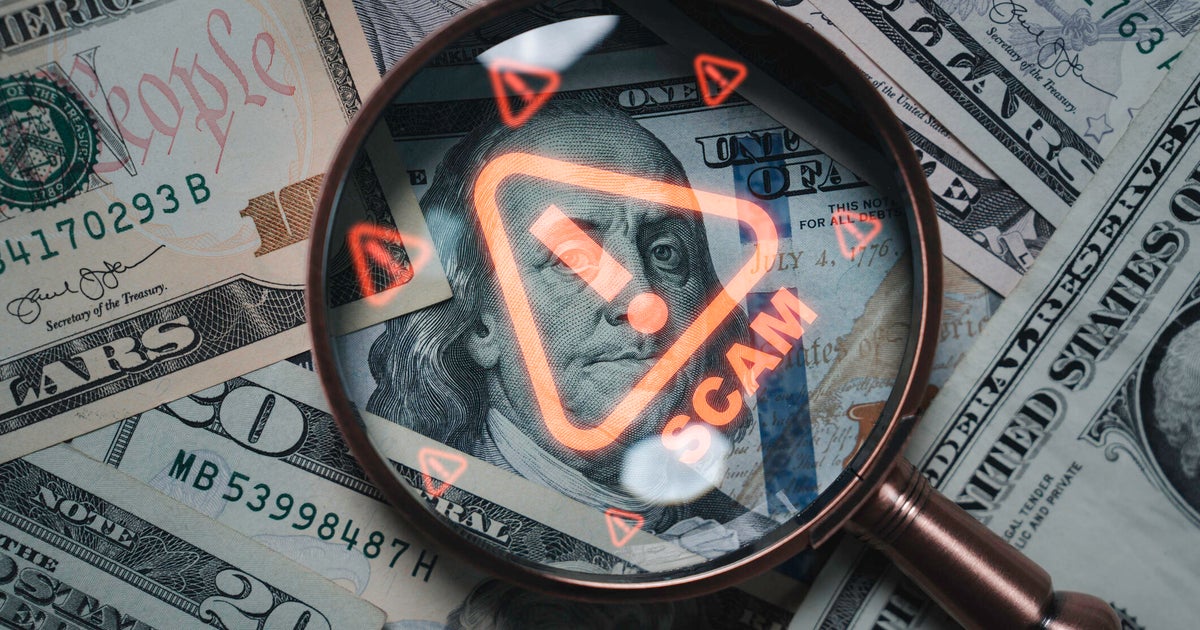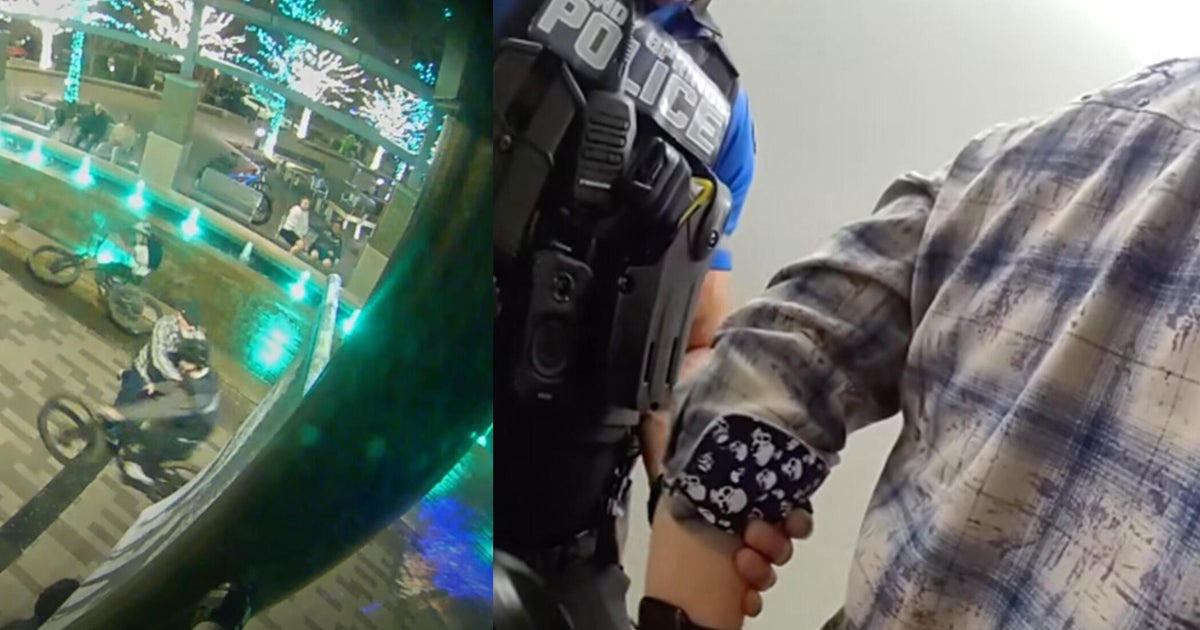Kallas Remarks: Reviewing The Red Flags
By Steve Kallas
» More Columns
The unsealing of the Madoff/Sterling Partners (Sterling Partners includes Fred Wilpon, Saul Katz and others and is referred to in this article as "Sterling Partners" or "Wilpon/Katz" ) complaint has law firms on both sides firing at each other and has Fred Wilpon and Saul Katz issuing their own public statements.
Below is a listing and discussion of some of the "red flags," alleged by Trustee Irving Picard in the complaint, that the Sterling Partners "consciously disregarded," according to the complaint.
1. WILPON AND KATZ WERE WARNED ABOUT MADOFF BY STERLING STAMOS
Employees of Sterling Stamos, an investment group founded by Fred Wilpon, Saul Katz and a Rhodes Scholar/Harvard Law graduate named Peter Stamos, repeatedly warned Sterling Partners about Madoff's practices. The Trustee alleges, upon information and belief (on evidence he, the Trustee, has gathered, not his personal knowledge) that Sterling Stamos people repeatedly told the Sterling Partners that Madoff was "too good to be true" for various reasons and that the Sterling Partners discussed some or all of these warnings at one or more bi-weekly Sterling Partners meetings.
Included in this evidence is an e-mail, two days after after the December 11, 2008 Madoff arrest, in which the Chief Investment Strategist for Sterling Stamos, named only Chachra in the complaint, wrote "In fact, we turned down the Madoff Funds more then [sic] 6 years ago and told many of our investors including the Wilpon and Katz families about our concerns." It goes on to say, "Notwithstanding our concerns, the Wilpon and Katz families continued to invest with Madoff Securities."
Davis, Polk and Wardwell, the top-notch law firm representing Wilpon/Katz, among others, responds to this allegation in their statement by pushing things over to the Securities and Exchange Commission (the "SEC"), saying that Wilpon/Katz can't be expected to know what the SEC clearly failed to know about. They are correct that the SEC, despite being warned themselves for years by Harry Markopolos, always gave Bernie Madoff a pass until it was way too late. The Trustee will respond to this point by painting a picture (partly done in the complaint) of the close personal relationship that the Sterling Partners had with Madoff, along with a number of warnings given to the Sterling Partners.
2. MERRILL LYNCH, PURCHASERS OF A NON-CONTROLLING 50% INTEREST IN STERLING STAMOS IN 2007, ALSO WARNED WILPON AND KATZ ABOUT MADOFF
As far back as 1998, Merrill Lynch refused to do business with Madoff. Indeed, Merrill Lynch refused to recommend that its customers invest with Madoff. As early as 2007, a senior Merrill official discussed Madoff "red flags" with both Saul Katz and Peter Stamos. He also warned both Katz and Stamos that Sterling Partners had too much invested with Madoff.
Wilpon/Katz's lawyers' response is simply that many people could and did invest with people like Madoff and others who seemed, at least, to be using recognized (and legal) investment strategies. Obviously, Madoff was not using any of these investment strategies.
It will probably be pointed out, in opposition to the Trustee's "they knew or should have known" about the fraud accusation, that it would make little common sense for them to continue to invest "too much" money with Madoff if they knew about the fraud (this common sense argument will also be made about the approximately 178 accounts that Sterling Partners monitored for friends or associates of Sterling Partners including, apparently, Sandy Koufax).
Frankly, in this writer's opinion, you would have to be as sick as Bernie Madoff (that is, he clearly didn't care about who he was ripping off, no matter how close they were to him) to bring in so many of your friends and family to this scam. It's very hard to believe, on this fact pattern, that Wilpon/Katz actually knew about the fraud.
3. THE STERLING PARTNERS, THROUGH STERLING STAMOS, INVESTED MONEY IN THE BAYOU PONZI SCHEME, WHICH HAD RED FLAGS SIMILAR TO THE MADOFF SCAM AND WHICH CAUSED STERLING STAMOS TO SETTLE THE BAYOU CASE BY PAYING $13 MILLION
This is the story that the New York Times recently broke and which, at a minimum, put Wilpon/Katz in a bad light with the public (question: did the Times have a copy of the Madoff Complaint before it was unsealed?) . The Bayou case was a $450 million Ponzi scheme perpetrated by Sam Israel, III (the guy who faked jumping off the Tappan Zee Bridge and is now doing 22 years in prison).
According to the Madoff Complaint, Sterling Stamos withdrew a lot of their money from Bayou after their review of Bayou raised concerns for Sterling Stamos. The $12.9 million that Sterling Stamos paid the trustee in the Bayou case amounted to all the fictitious profits and just under half the principal that Sterling Stamos withdrew from Bayou months before the Ponzi scheme was discovered. The point here being that, if they discovered problems with Bayou, they should have discovered problems with Madoff. Sterling Stamos did not admit any liability in the Bayou case.
The Davis, Polk statement, defending Wilpon/Katz with respect to the Bayou claim, states that Sterling Partners had no involvement with the actual investment (that is, they just put up investment monies) and that Bayou was a hedge fund, whereas Madoff's brokerage entity was a registered broker-dealer, regulated by the SEC. This again shows that much of the defense will be if the SEC didn't know about it, how could Wilpon/Katz and the others? While this whole Bayou claim arguably cuts both ways, it certainly has hurt Wilpon/Katz in the court of public opinion.
4. THE STERLING PARTNERS "KNEW OR SHOULD HAVE KNOWN THAT MADOFF'S CONSISTENTLY HIGH AND EXTREMELY NON-VOLATILE RETURNS OVER ALMOST A QUARTER-CENTURY WERE 'TOO GOOD TO BE TRUE.'"
According to the complaint, for the 10-year period 1998-2008, despite 60 losing months of the S&P 100 (a stock market index of 100 blue chip stocks), Madoff's investments and specifically the 483 Madoff accounts that Sterling Partners opened for themselves, their families and their friends, hardly ever had any losing months.
There is also an allegation in this section that Saul Katz told his friends that he could not figure out how Madoff generated such smooth, positive returns. To show, apparently, that the Sterling Partners should have known there was a problem with the Madoff returns, the complaint points out that, during "the 'Black Monday' stock market crash in 1987, the bursting of the dotcom bubble in 2000, the terrorist attacks of September 11, 2001 and the recession and housing crisis of 2008," Sterling's KW (for Katz/Wilpon) Madoff accounts "produced positive returns."
The Davis, Polk and Wardwell statement on behalf of Wilpon/Katz states that, even if Sterling Partners suspected something was wrong, they would have gone to the SEC, which, of course, did nothing to stop the fraud.
A NUMBER OF QUESTIONS TO BE LITIGATED
Conscious avoidance (Wilpon/Katz essentially stuck their heads in the sand and raked in the profits) is a tough thing to prove. But many questions will be fought tooth and nail by Katz/Wilpon and their lawyers.
Can the second part of the "knew or should have known" standard be applied in this case? While, generally, bankruptcy "clawbacks" and fraudulent conveyances go back two to six years from the date of the filing of the bankruptcy, can a Trustee really go back after principal that was invested 10 or 20 or 25 years ago?
It makes no sense that people like Wilpon and Katz would drag their family and friends into this mess, leave about $500 million in their accounts and actually know about the fraud, does it? As for "should have known" about the fraud, a sometimes vague standard, just because people say you shouldn't invest with someone doesn't mean you can't invest with that person.
Were Wilpon and Katz duped? Were they stupid? Well, the reality is that this was the greatest scam in the history of the world and thousands and thousands of investors, some sophisticated, many unsophisticated, were fooled.
CONCLUSION
It says here that there is little chance that the Wilpon/Katz group actually knew about this fraud. Whether they "should have known" (absent a settlement that, right now, appears unlikely) is the hundreds-of-millions (billion?) dollar question that will be decided down the road.
What do you make of the red flags? Sound off in the comments below!








